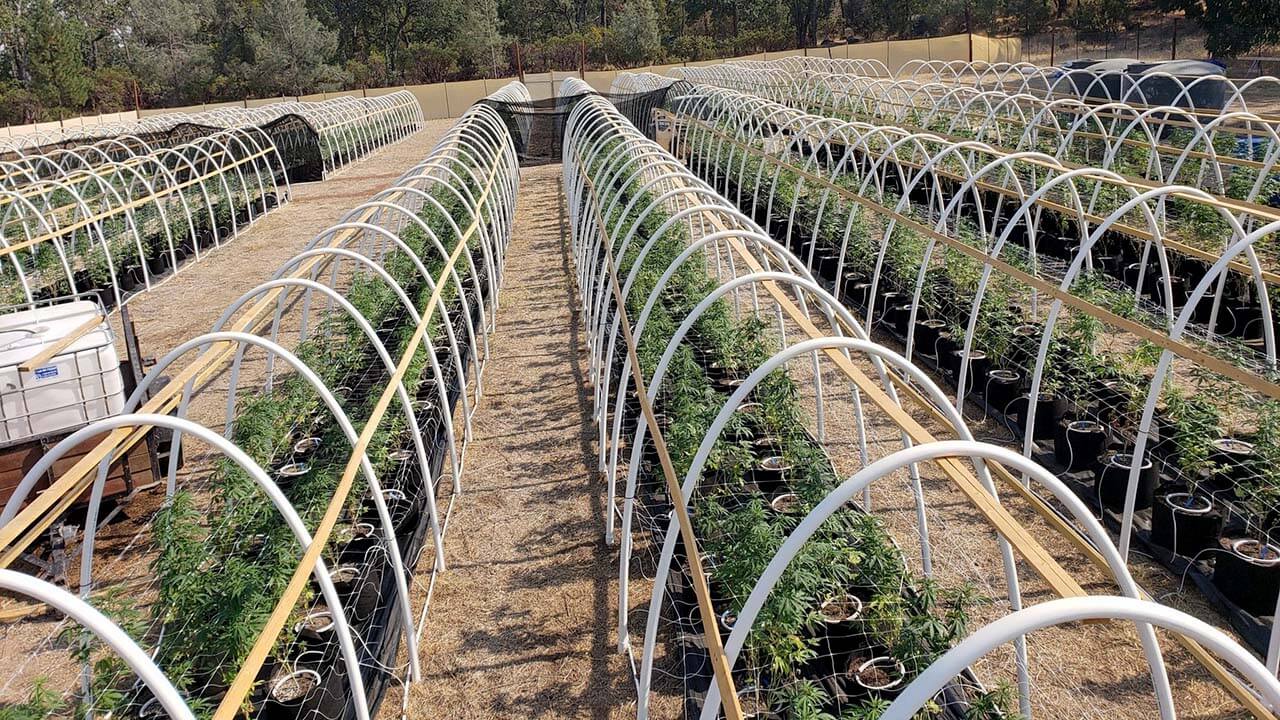Few factors are more important to a cannabis company’s success than where it chooses to locate, be it a cultivator, manufacturer or retailer.
Cultivators and manufacturers should consider proximity to the markets they serve, while retailers need to think about being accessible to consumers. All plant-touching companies must consider cost and the strict zoning restrictions that local governments impose on cannabis businesses.
“The cannabis space is no different than other business. It’s all about location, location, location,” said Ryan George, CEO of 420 Property, a Sacramento, California-based marijuana and hemp real estate marketplace.
Times are a-changin’
Today’s real estate marketplace for cannabis is dramatically different than it was a few years ago.
Although cannabis business owners should expect to pay a premium, or so-called “green tax,” for real estate, those premiums amount to far less than they used to, observers said.
“Premiums were insane in 2018, ’19 and ’20. They’re still there, but they’re not what they once were. The real estate premiums have come down tremendously,” said Drew Mathews, CEO of Green Life Business Group, a marijuana and hemp real estate marketplace based in San Diego. “When a new state becomes recreational, there’s absolutely a premium, but it really doesn’t go past two times gross revenue right now.”
Eye on the future
At the same time, cannabis real estate and business valuations are at an “all-time low,” Mathews said.
He recommended that entrepreneurs purchase four or five stores with the plan to sell them to larger companies when federal legalization happens—an event he expects to occur in four or five years.
“If you’re a buyer, now is a time to buy because valuations are down,” Mathews said. “But it’d be silly to hold on to these and try to make your ROI in the next 20 years. The guys that make out like they robbed a bank will be all the smart people that sell within the first six months” after federal legalization.
Mathews added that his office is already getting calls from large cannabis businesses seeking real estate transaction data, and most of them are keen to buy chains of four or five stores that they can roll into their portfolios, as opposed to buying one and two shops at a time.
Name on the deed
Those circumstances will feed a growing trend of cannabis businesses opting to buy their real estate rather than paying rent. The reason is that many landlords have restrictions that seriously impede cannabis businesses.
Matt Christopherson, senior research analyst at the Chicago-based National Association of Realtors (NAR), said that buying “allows businesses to control their property, so they can use their property as they see fit.”
Meanwhile, stigmas that landlords have about cannabis have been slow to dissipate.
For example, in medical-only marijuana markets, only one in three landlords are willing to accept cash payments for rent, an NAR study showed in 2021, with respondents saying they worry about taking cash from a federally illegal activity.
In more mature markets with both medical and recreational marijuana, more than two-fifths of landlords are willing to accept cash.
“The more it’s legalized and the longer it’s legalized, the more landlords are willing to take cash payments,” Christopherson said.
To be sure, cannabis entrepreneurs face numerous challenges in today’s real estate market, the most important of which are addressed in the following pages.





